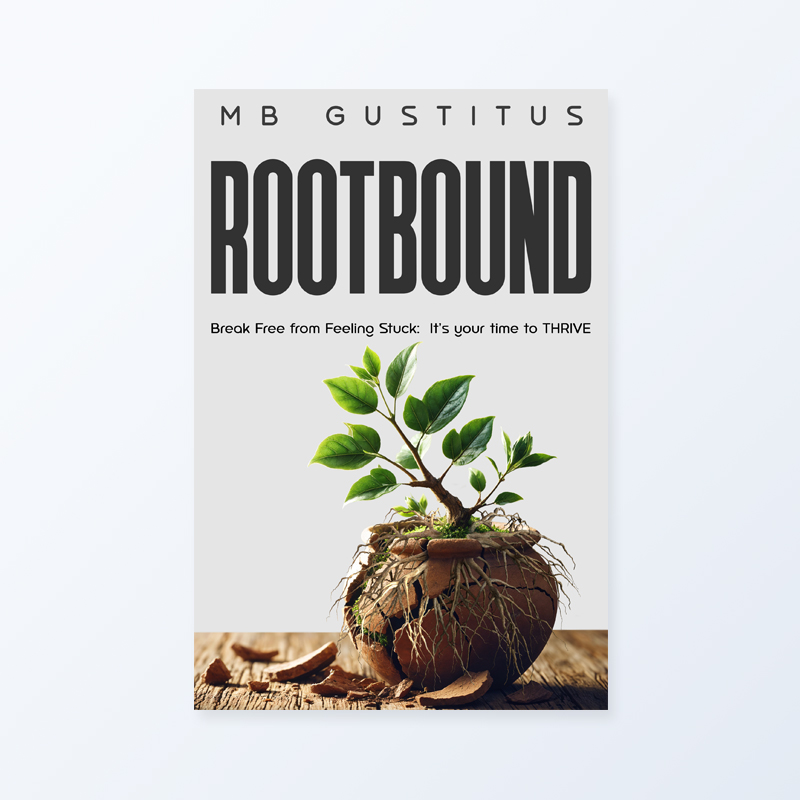The Power Within: Overcoming Self-Doubt and Cultivating Confidence
Are you frequently uncertain about yourself? Do you find yourself questioning your beliefs or attitudes often? Perhaps you struggle with indecision and worry about whether your decisions are right. If so, you might be grappling with self-doubt.
What is Self-Doubt?
Self-doubt refers to a lack of confidence in oneself and one’s abilities. It’s a mindset that inhibits success and undermines self-belief. While humility is admirable, when it comes at the cost of one’s own progress, it becomes detrimental.
In the words of William Shakespeare, “Our doubts are traitors, and they make us lose the good we oft might win, by fearing to attempt.” In essence, doubt leads us to give up without even trying.
The Impact of Self-Doubt on Personal Development
Self-doubt significantly impacts personal development, fostering insecurity and apprehension that impede individuals from pursuing goals and seizing opportunities. This mindset can dwindle confidence, lower self-esteem, and breed feelings of insufficiency.
Those grappling with self-doubt often find themselves ensnared in negative thought patterns and self-defeating behaviors. They may resist stepping beyond their comfort zones, thwarting opportunities for learning and advancement. Ultimately, self-doubt retards personal growth and averts individuals from realizing their full capabilities.
Common Triggers of Self-Doubt
Self-doubt arises from various triggers, and recognizing these factors is crucial for addressing it. Some common initiators include:
Comparisons to Others
Constantly measuring oneself against others can breed feelings of inadequacy and self-doubt. Recognizing individual uniqueness and focusing on personal growth is more beneficial than comparing achievements.
Past Setbacks
Previous failures may fuel self-doubt. Viewing setbacks as opportunities for learning and growth can help build confidence.
Negative Self-Talk
Internalizing negative self-talk contributes to self-doubt. Challenging negative beliefs and nurturing self-compassion are vital for overcoming it.
External Validation Dependency
Relying solely on external validation for self-worth can propel self-doubt. Cultivating self-acceptance and acknowledging personal strengths and accomplishments are essential for building confidence.
How Do We Generally Deal with Self-Doubt?
Tackling self-doubt often involves automatic and unconscious responses, some beneficial and others detrimental. Here are a few ways we typically deal with it:
Self-handicapping
This defensive strategy helps obscure the reasons for mistakes or failures. Examples include using drugs, alcohol, or procrastination to shift blame away from our abilities. Unfortunately, this approach often exacerbates self-doubt.
Overachievement
Overachieving aims to curb mistakes and failures by exerting tremendous effort. Despite this, self-doubt may persist as we question whether our success stems from our competence or just extra effort.
Imposter syndrome
Imposter syndrome emerges when doubt clouds the legitimacy of achievements, as individuals fear their inability to sustain or compete with peers at their level. Success is often attributed to luck rather than personal abilities.
Techniques for Repressing Self-Doubt
Recognizing and Confronting Negative Self-Talk
Recognizing negative self-talk is key to overcoming self-doubt. Actively challenging negative thoughts and replacing them with positive affirmations helps reshape the mindset. Cognitive restructuring involves substituting pessimistic beliefs with supportive ones. For instance, replacing “I’m not good enough” with “I possess unique strengths.”
Promoting Self-Awareness and Self-Compassion
Enhancing self-awareness is a pivotal step in overcoming self-doubt. It entails observing one’s thoughts, emotions, and actions without criticism. By recognizing the patterns and triggers that encourage self-doubt, individuals can begin to break free from its constraints.
Moreover, practicing self-compassion is vital. It involves treating oneself with kindness and empathy, particularly when facing self-doubt. Instead of harsh self-criticism, individuals can acknowledge their struggles and imperfections and offer themselves support and encouragement.
Avoid Comparing Yourself to Others
The saying goes, “Comparison is the thief of joy,” and it holds significant truth. Feeling inadequate because you fear not measuring up to others can be crippling. Each person’s journey and definition of success are unique. What we can manage and prioritize is our own path and aspirations, irrespective of others’ accomplishments or progress.
Surround Yourself with Supportive Individuals
Having friends and family who believe in our capabilities is invaluable. During moments of self-doubt, seek the company of these individuals. They can reinforce your talents and resilience, especially when you’re tussling to see it within yourself.
Maintain a Journal
Journaling serves as a therapeutic activity to engage in. Documenting your thoughts on self-doubt or experiences with imposter syndrome can offer a valuable release. Upon seeing your concerns written down, you may realize they aren’t as detrimental as initially perceived. This process aids in gradually overcoming self-doubt.
Tools and Strategies Employed by Coaches to Conquer Self-Doubt and Cultivate Confidence
Visualization and Affirmations
Both of them serve as potent tools in coaching, reshaping negative beliefs into a positive mindset. Visualization prompts individuals to envision themselves confidently achieving their aspirations, reinforcing motivation and self-assurance.
Conversely, affirmations involve repeating positive statements to counteract self-doubt and strengthen one’s belief in oneself. Regular assertion of positive qualities empowers individuals to reprogram their subconscious mind, embracing confidence and dispelling self-doubt.
Mindfulness and Meditation
Engaging in mindfulness and meditation supports the development of self-awareness, stress reduction, and improved management of self-doubt. These techniques enable us to observe our thoughts impartially, stimulating deeper self-awareness and understanding. Ultimately, they promote enhanced self-acceptance and confidence.
Cognitive Behavioral Techniques
Cognitive-behavioral techniques are indispensable for pinpointing and confronting negative thought patterns linked to self-doubt. Identifying and reframing these thoughts equips individuals to develop a more optimistic and grounded perspective.
A prevalent cognitive-behavioral method is cognitive restructuring, which entails scrutinizing and challenging negative self-beliefs’ accuracy and validity. By substituting them with empowering thoughts, one can cultivate resilience and forge a more favorable self-image.
Overcoming Limiting Beliefs with Mile1 Coaching
Beneath the surface of conscious thoughts, limiting beliefs quietly steer our actions and shape our paths. They serve as unseen hurdles, holding us back from unlocking our true potential. At Mile1 Coaching, we grasp the power of these beliefs and have crafted personalized coaching sessions to assist you in uncovering and conquering these self-imposed barriers. Together, we’ll clear the path for personal growth and triumph.





